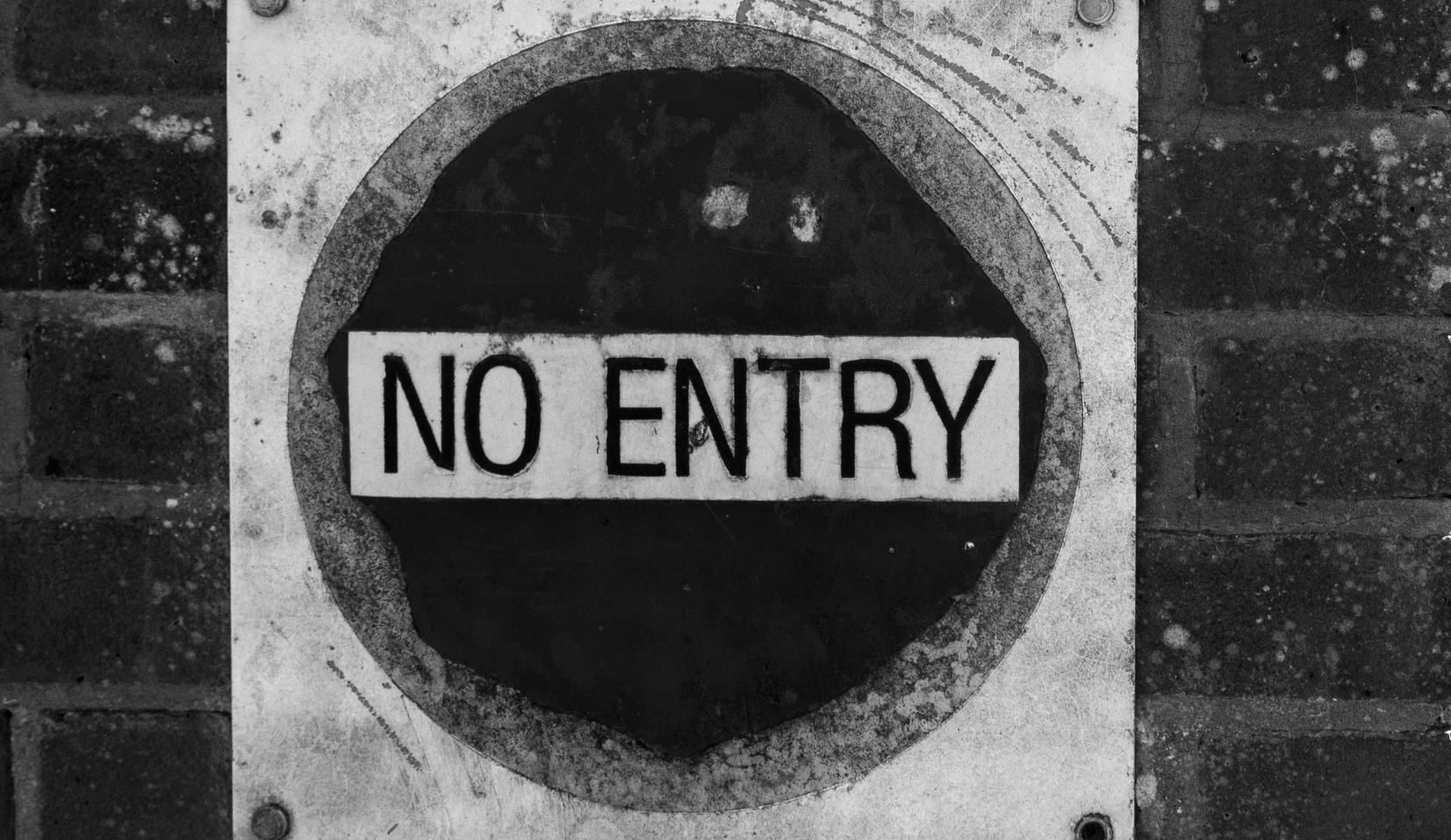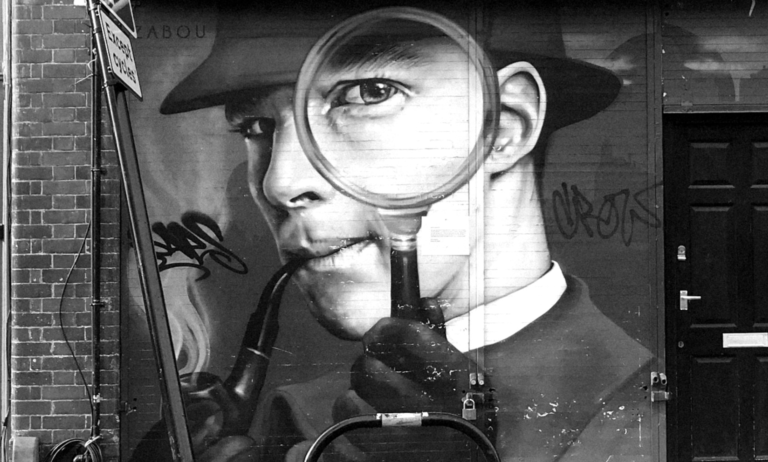Inaccessibility of Trial Transcripts
Obstacles faced by those wishing to see trial transcripts fly in the face of the UK’s principle of Open Justice
Today I wrote a letter to senior law/government officers about the poor access to trial transcripts, given my own experience. I thought blog members would be interested to see it (below). I have included email addresses so would encourage anyone whose has a little bit of time to use them to send your own thoughts on the matter. Feel free to simply copy and paste the below in its entirety and append a covering message along the lines of “I concur with the below and wish to express my support for the recommendations contained therein”. Or to write something more substantial. You may also want to look up your MP’s email address and include that too.
I will post any responses I receive either in a new blog post or by adding to this post.
Also, if you wish to comment on this post you can do so on the Forum.
To:
The Attorney General, correspondence@attorneygeneral.gov.uk
The Solicitor General, correspondence@attorneygeneral.gov.uk
The Lord Chief Justice of England and Wales, justicecom@parliament.uk
The Lord Chancellor/Secretary of State for Justice, constitution@parliament.uk
The Parliamentary Under-Secretary of State for Courts and Legal Services, mike.freer.mp@parliament.uk
The Parliamentary Under-Secretary of State for Justice, contactholmember@parliament.uk
The Permanent Secretary and Clerk of the Crown in Chancery, permanent.secretary@justice.gov.uk
The Second Permanent Secretary and Clerk of the Crown in Chancery, secondpermanentsecretary@justice.gov.uk
CC:
Crown Office Team Leader, Manchester Crown Court, McrCrownoffice@justice.gov.uk
Opus 2 (Transcripts), criminal@opus2.digital
Marten Walsh Cherer Ltd (Transcripts), crown@martenwalshcherer.com
Sirs/Madams,
I wish to inform you about the obstacles that I have faced in trying to obtain a trial transcript. These obstacles fly in the face of the principle of Open Justice that the UK apparently adheres to (https://www.barcouncil.org.uk/resource/open-justice-court-reporting-and-the-rule-of-law.html). Perhaps my experience and observations may help with respect to any effort to improve the process, to make it more “open”.
I am a retired finance professional, a fellow of the Royal Statistical Society, and a fellow of The Geological Society, and now write a blog (www.chimpinvestor.com) that is broadly about the justice system (and in many respects specifically about the Lucy Letby case). When Letby was found guilty last August, I applied to receive a copy of the trial transcript which I knew would help me to better serve my blog members.
I completed Form EX 107 which I know was received by Manchester Crown Court on 22 August. Five weeks later, which seemed like an inordinate amount of time, I received an email saying that my EX 107 had been approved but that the full transcript was likely to cost in the region of £100,000 [on 4 Oct I was given an update by the Court that the cost would be be “substantially more than £100,000”]. Although I understood that the one off transcription cost would be high, given the length of the trial, I did not understand why the one off cost should be borne by one person (me).
As you might imagine, the cost of £100,000 was prohibitively high. I was aware that I could apply to see transcripts of specific days, the cost of which would naturally have been lower, but the cost of the days that at a minimum I wanted to see would still have run into the thousands of pounds so I did not pursue that option.
Recently, I revisited applying to see the transcript either in full or in part. I thought that it was possible that someone else may have paid the one off cost to see the transcript and therefore that the cost to those subsequently applying to see it may have fallen. It became clear this was not the case, though I don’t know whether this was because nobody else had paid for the transcript in the intervening four or so months or because the one off cost was being charged to everyone. Regardless, what I have encountered recently in terms of communication with Opus2, the assigned transcription company, has been appalling.
On 17 January I wrote to Manchester Crown Court saying that I had heard that two people had received the transcript and wondered if the cost may have fallen. I received a very swift response saying that the Court could not assist with the pricing structure as that was entirely within the remit of the assigned transcription company, Marten Walsh Cherer. I contacted Marten Walsh Cherer who informed me that they were no longer the assigned transcription company and that I should contact the newly assigned company, OPUS2 (I was also informed of this by the Court when it too realised there had been a change). I then wrote to OPUS2, who informed me that Marten Walsh Cherer was the assigned transcription company. After informing OPUS2 what I had been told by both the Court and by Marten Walsh Cherer, OPUS apologised (on 18 Jan) for the misunderstanding and that its team that handled transcription would be reaching out to me soon. I responded to say ’thank you’.
By 23 Jan I had heard nothing so contacted OPUS2 again to ask if there was any update. I received no response and as of today I have still not had a response.
Provision of trial transcripts is contracted out to private companies which of course happens, understandably so, in respect of much government business. However, having made this decision, the relevant government body has a responsibility to ensure that the system works well and achieves its aims, namely that trial transcripts are accessible to members of the public and to (media) companies (accepting that there should be restrictions with respect to certain Courts and certain types of trial). I would suggest that the aims are not being met which is unacceptable, particularly given the amounts of money involved and the importance of transcripts being accessible.
My observations and recommendations are as follows:
1. It is unacceptable that there was confusion as to who was the assigned transcription company.
2. It is unacceptable that, despite chasing, I never received the promised communication from OPUS2, the assigned transcription company (I checked my junk folders).
3. If everyone who applies to see a transcript is charged for the one off transcription costs, this is wrong. The one off transcription cost should be spread across those who apply to see it.
4. Regardless of whether it is correct that everyone who applies to see a transcript is charged for the one off transcription costs, by charging the full one off costs to the first person/company that applies to see it, particularly in relation to lengthy trials where the one off cost is high, there is the very real possibility (certainly this may well have been the case with the Letby trial transcript) that nobody sees it since nobody is able to afford the huge cost. In other words, the system as it stands at the moment does not promote the principle of Open Justice.
5. While I understand that it makes sense to contract out transcription to private companies, these companies, in order to enjoy the rewards on offer, must also bear risk (this after all is the basis for private enterprise). My suggestion therefore would be to force transcription companies to charge a much lower amount. By doing so, transcription would be loss making in respect of the first transcription (and perhaps one or two more) but with a much lower cost, transcription would be much more accessible and therefore demand would increase. The result of this would be that provision of transcription service would eventually be profitable once enough transcript applications have been received. And, importantly, that Open Justice is achieved. (My understanding is that media companies generally run on tight budgets and thus often are not prepared to pay for the high cost of transcription service but may well do if the cost was much lower. This I believe would also go for interested members of the public, other bloggers, etc).
6. If private companies are not prepared to bear the risks involved, perhaps some sort of government underwriting should be considered. If the system was designed well, the cost to the taxpayer of such underwriting provision would likely be negligible.
By setting out my experience, I do hope that this email gives you a better understanding of how the transcription system works (or rather doesn’t) in practice.
Yours faithfully,
Peter Elston








The establishment is circling its wagons to defend themselves for the most enormous day of judgement on this horrible frame up conviction, framing done by excludinig vital data making it fit Letby alone. She was obviously the scapegoat for a failing unit fraught with hazards for very prem babies all on the edge of viability.
What is the reason for the new trial of Letby? Is it to ensure the threat of contempt of court again lies over her case prior to this trial. Rachel Aviv’s brilliant forensic article brings out this suppression of opinion for Letby and encouragement of prosecution opinion, the BMJ example is really damaging.
Aviv’s article also indicates that Letby’s lawyer is legally stopped from passing helpful advice to Letby for her defence, because of contempt rules, she seems therefore to be held incommunicado, ignorant of all the supportive work done for her?
Which leads to the question: how can this new trial possibly be fair, given the monstering of Letby as the worst child killer, as utterly, as from hell? Why don’t the courts apply their own silencing methods on all this anti Letby aggression? This trial will be predicated on her assumed guilt in the first charade, it cannot possibly happen on the basis of innocent till shown guilty. No jury can possibly be found which is not deeply pre-judiced given the theatrics of Cheshire Police, the CPS, the MSM etc.